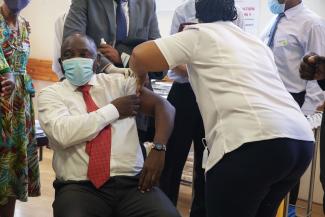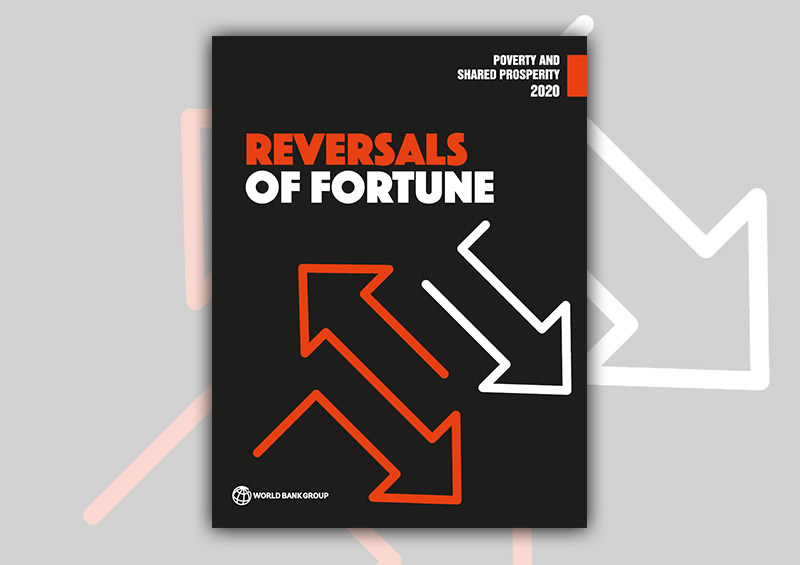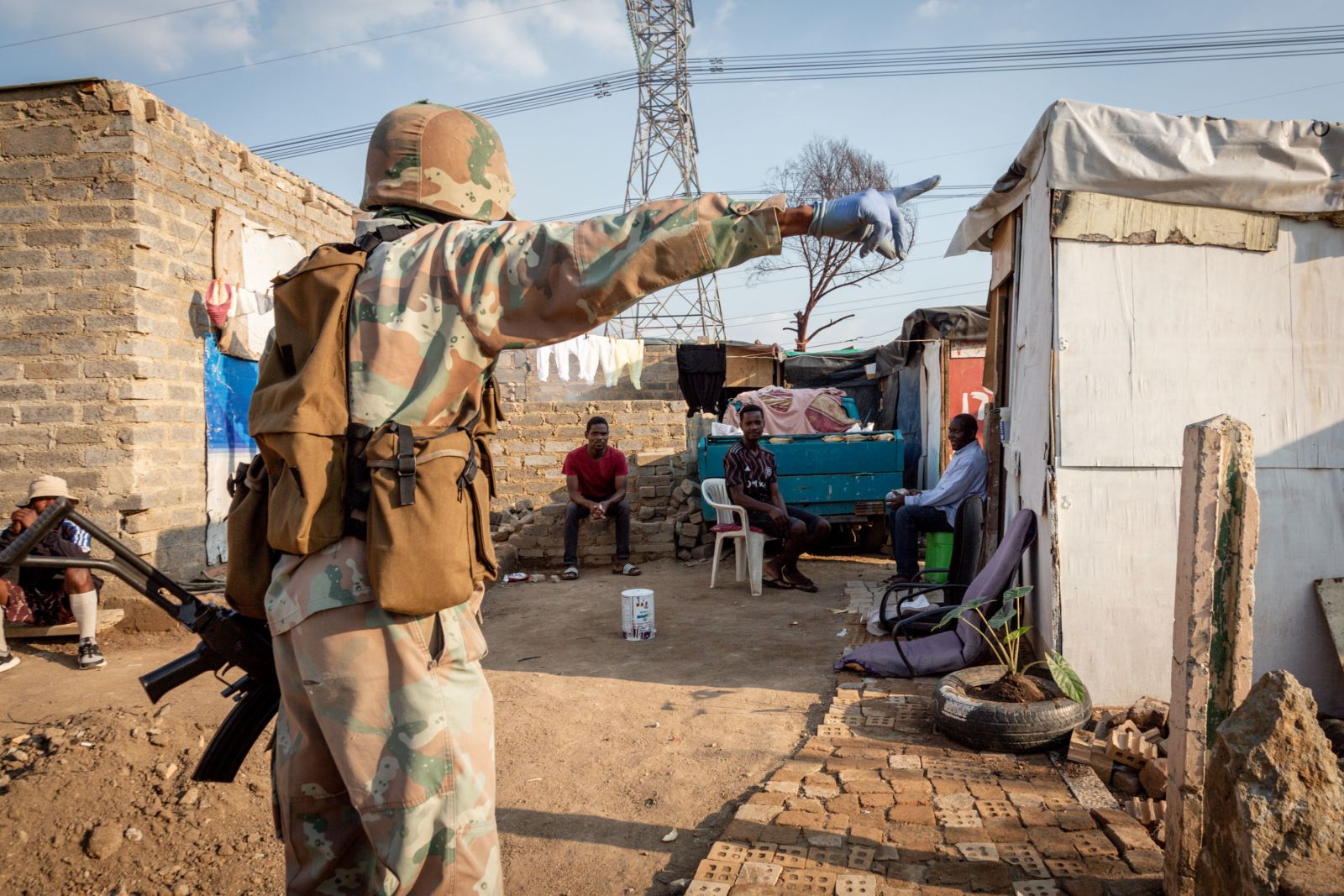Blog
Covid-19 vaccines: we must not lose more time

It makes sense in principle because the patent system does not give researchers incentives to develop the medications and vaccinations that low-income countries need. However, industry observers say that IP rights are currently hardly slowing down vaccine supply as companies are scaling up production facilities fast. Given that all vaccines are new, initial bottlenecks are inevitable.
So far, the rich world is guilty of leaving poor world regions behind. That is set to change, however. Especially in the EU, but in other advanced nations as well, people have expressed criticism of vaccination campaigns only taking off slowly. Indeed, operations of this scale are always a serious challenge. Serious initial stumbling is normal, but once things are sorted out, scaling up should happen fast. Given that infrastructure restraints are even worse in developing countries, however, it would certainly be good to get started there as soon as possible too.
It is true that the prosperous nations have ordered more vaccine doses than they need. The good news is that most of governments concerned have promised to pass on any doses they will not use themselves. At the end of February, the G7 increased pledges for spending on vaccine support to $ 7.5 billion in total.
Cold storage
A big question, however, is to what extent every vaccine can be used everywhere. All need cold storage, but the most innovative RNA vaccines require temperatures of -15 to -80°C. That does not look feasible in tropical countries with weak capacities. Viability obviously matters.
Virus mutations are making the situation even more complex. New strains have emerged, and it is not clear to what extent they are making vaccines ineffective. On the other hand, new variants will develop ever more frequently the more the disease spreads, so the global community has a common interest in getting as many people vaccinated as possible, everywhere.
Vaccine nationalism is not a sensible option. “If wealthy countries choose vaccine nationalism, inoculating only their own people, the future looks bleak,” is the assessment of Melissa Fleming, UN undersecretary-general for global communications, and John Whyte of the science based medical website WebMD. In that case, they warn, “Covid-19 will continue to blaze a deadly trail for the poorest countries and circulate back throughout the world.” The unambiguous message of their guests contribution to the Washington Post is: “High income countries should use their wealth and influence to ensure that all countries get access to some vaccines this year and that vaccines are available and affordable for everyone, everywhere in the not-too-distant future.”
P.S.:
I need to get one more thing off my chest, bear with me please. I appreciate India’s and South Africa’s initiative to waive intellectual property rights, but I really think we should not be having this discussion at all. The WTO summit in Doha in 2001 declared that every country is entitled to grant compulsory licenses to companies to produce generics of patent-protected pharmaceuticals should that be needed for public-health reasons. They can even grant such licenses to companies in foreign countries and import those drugs.
In 2001, Brazil and India had insisted on such a declaration, and they were supported by civil-society organisations from around the world. The background was that developing countries desperately needed access to innovative HIV/AIDS treatments, but the cost were prohibitively high. It was a major victory that the WTO accepted more flexibility in regard to intellectual property rights during health crises as it had previously done.
I find it frustrating that these rules have basically not been applied. Patent holders fast agreed to providing low-cost drugs for HIV/AIDS. Civil-society activists report that governments of rich countries, where Pharma multinationals are typically based, discouraged partners from poor world regions from granting compulsory licenses.
Coordinated action
Yes, I agree, a single government of a small, least-developed state cannot be expected to stand up to such pressure. But what about regional organisations like the Southern African Development Community (SADC), the Economic Community of West African states (ECOWAS) or the entire African Union (AU)? Collective action helps to achieve goals, and of course international NGOs would have given support, as they did in Doha. If the governments of developing countries and emerging markets do not coordinate political action, they must not complain about unfair world order. The patent system does not serve their interests, and they won the right to take control of innovative medications they needed. For 20 years, they failed to use the right – and the result is that India and South Africa had to start the entire debate anew.
On the upside, South Africa is now showing interest in the matter. In 2001, the government of then-President Thabo Mbeki was missing in action. The need for HIV/AIDS treatment was particularly great in South Africa, but its top leader was in denial.











